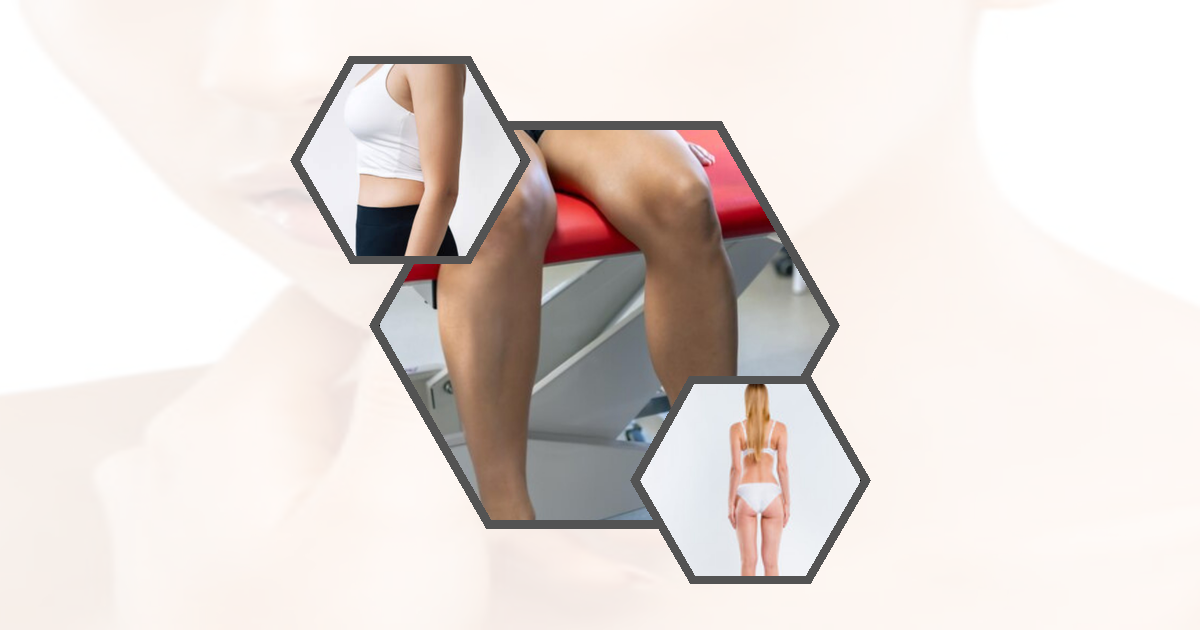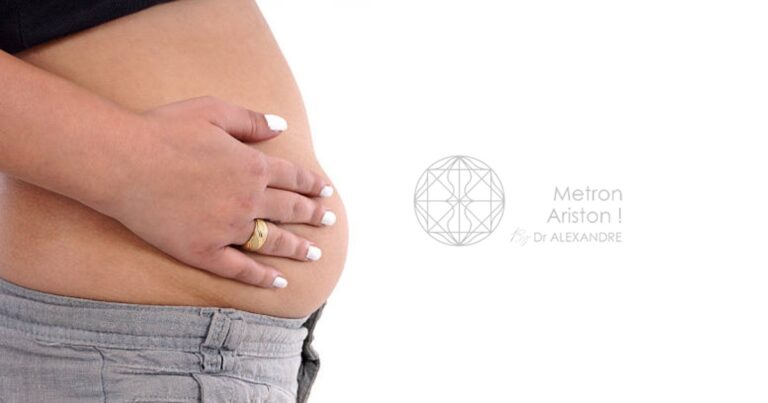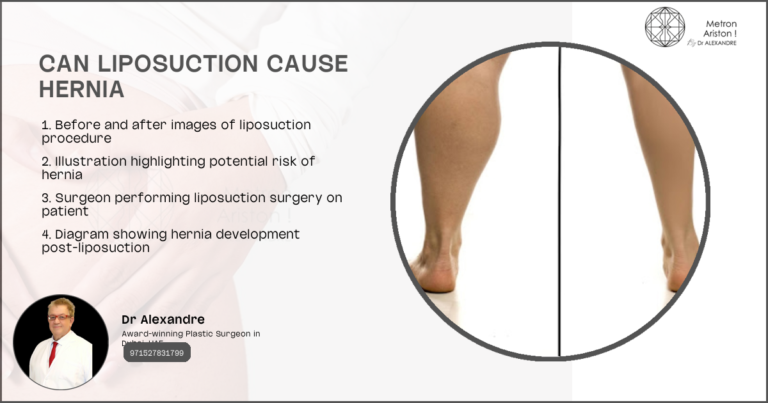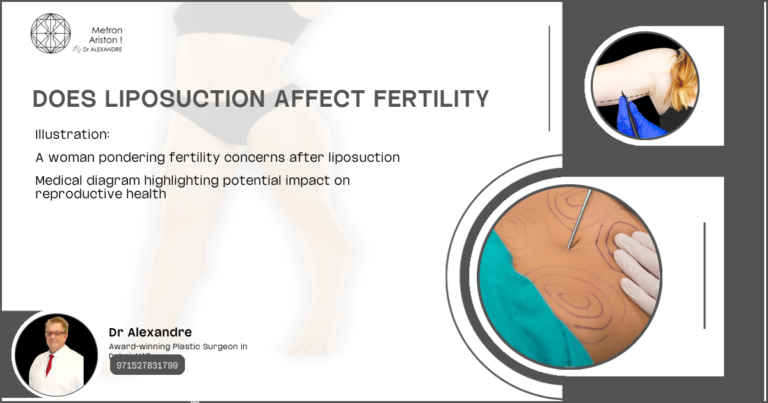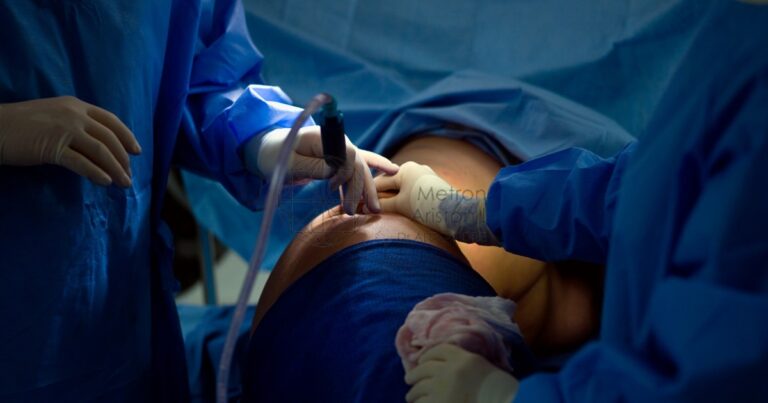Does Liposuction Reduce Weight
Liposuction is a popular cosmetic procedure that many people consider when they want to change their body shape. But can liposuction reduce weight, and does liposuction reduce weight effectively? This article explores these questions in detail, providing valuable insights for those considering this procedure.
Understanding Liposuction and Weight Loss
Liposuction is a surgical procedure designed to remove excess fat from specific areas of the body. It is not a weight loss method but rather a body contouring technique. The procedure involves using a suction technique to remove fat deposits, which can help improve the body’s appearance.
How Does Liposuction Work?
Liposuction works by targeting fat cells in specific areas. A surgeon makes small incisions and inserts a thin tube called a cannula to suction out the fat. This process can significantly alter the body’s shape but does not necessarily result in significant weight loss.
Liposuction vs Traditional Weight Loss Methods
Traditional weight loss methods, such as diet and exercise, focus on reducing overall body weight by burning calories and increasing metabolism. Liposuction, on the other hand, targets localized fat deposits and is not intended for overall weight reduction.
- Liposuction is for body contouring, not weight loss.
- Traditional methods promote overall health and weight reduction.
- Liposuction targets specific areas, unlike general weight loss.
The Impact of Liposuction on Body Weight
Immediate Effects on Body Weight
Immediately after liposuction, patients may notice a slight reduction in weight due to the removal of fat. However, this weight loss is usually minimal and not the primary goal of the procedure.
Long-term Weight Loss Results
Liposuction does not guarantee long-term weight loss. Maintaining results requires a healthy lifestyle, including diet and exercise. Without these, fat can return to untreated areas.
Factors Influencing Weight Changes After Liposuction
Several factors can influence weight changes post-liposuction, including metabolism, lifestyle, and genetics. Patients must adhere to a healthy lifestyle to maintain their new body shape.
- Immediate weight loss is minimal.
- Long-term results depend on lifestyle changes.
- Factors like metabolism and genetics play a role.
Liposuction Treatment Areas and Their Effect on Weight
Common Areas for Liposuction
Liposuction is commonly performed on areas like the abdomen, thighs, arms, and buttocks. These areas are prone to stubborn fat deposits that are resistant to diet and exercise.
Fat Removal Capacity in Different Body Parts
The amount of fat that can be removed varies by body part. Surgeons typically remove a few pounds of fat, which can significantly alter appearance but not overall weight.
Potential Weight Reduction from Specific Areas
While liposuction can reduce fat in specific areas, the overall weight loss is usually not significant. The procedure is more about reshaping than reducing weight.
- Common areas include the abdomen and thighs.
- Fat removal varies by body part.
- Weight reduction is minimal but reshaping is significant.
Combining Liposuction with Weight Loss Strategies
Diet and Exercise Post-Liposuction
A balanced diet and regular exercise are crucial after liposuction to maintain results. These strategies help prevent fat from returning and promote overall health.
Maintaining Results After the Procedure
To maintain liposuction results, patients should adopt a healthy lifestyle. This includes regular physical activity and a nutritious diet to keep fat at bay.
Lifestyle Changes for Optimal Outcomes
Long-term success after liposuction requires lifestyle changes. Patients should focus on sustainable habits that support their new body shape.
- Diet and exercise are essential post-procedure.
- Maintaining results requires a healthy lifestyle.
- Sustainable habits lead to optimal outcomes.
Liposuction Techniques and Their Impact on Weight Loss
Traditional Suction-Assisted Liposuction
This is the most common technique, using a cannula to remove fat. It is effective for contouring but not for weight loss.
Ultrasound-Assisted Liposuction
This technique uses ultrasound waves to liquefy fat before removal. It can be more precise but still focuses on contouring.
Laser-Assisted Liposuction
Laser-assisted liposuction uses laser energy to melt fat. It offers skin-tightening benefits but is not a weight-loss method.
- Traditional liposuction is common and effective for contouring.
- Ultrasound-assisted offers precision.
- Laser-assisted provides skin-tightening benefits.
Recovery and Post-Procedure Weight Changes
Immediate Post-Operative Effects on Weight
Patients may experience swelling and fluid retention post-surgery, affecting weight. These effects are temporary and subside with recovery.
Timeline for Visible Results
Visible results can take weeks to months as swelling decreases. Patients should be patient and follow post-operative care instructions.
Long-term Weight Management After Liposuction
Long-term success requires a commitment to a healthy lifestyle. Patients should focus on diet and exercise to maintain their new shape. Fat removal constraints Some things make it hard to get rid of fat in our bodies like age and genes which we cannot change easily Liposuction rarely eliminates cellulite Liposuction removes fat but doesn’t fix bumpy skin so cellulite often stays even after the procedure
Liposuction fitness consequences Removing fat through surgery does not improve overall fitness and may lead to weight gain if healthy habits are not maintained after the procedure Lipo fat limits are the maximum amount of fat that can be safely removed during liposuction surgery Doctors set these limits to protect patients and ensure the best results from the procedure
Lymphedema liposuction potential offers hope for reducing swelling in arms and legs This special surgery might help remove extra fluid and fat to make limbs smaller and more comfortable Chin lipo beverages are special drinks that claim to help reduce fat under the chin These drinks are marketed as a way to get a slimmer jawline without surgery
UAE cosmetic surgery offers advanced beauty treatments to enhance appearance People visit Liposuction scars fade over time as your body heals The small marks from the procedure become less noticeable with proper care
- Swelling affects immediate weight post-surgery.
- Results take time to become visible.
- Long-term success requires lifestyle commitment.
Alternative Procedures for Weight Reduction
Non-Surgical Fat Reduction Methods
Non-surgical options like CoolSculpting offer fat reduction without surgery. These methods are less invasive but may require multiple sessions.
Bariatric Surgery Options
Bariatric surgery is for significant weight loss and is different from liposuction. It is suitable for those with a high BMI and weight-related health issues.
Comparing Effectiveness with Liposuction
Liposuction is effective for contouring, while bariatric surgery is for weight loss. Non-surgical methods offer a middle ground for those seeking less invasive options.
- Non-surgical methods are less invasive.
- Bariatric surgery is for significant weight loss.
- Liposuction is for contouring, not weight loss.
FAQ’s
How much weight can you lose with liposuction?
Liposuction is not a weight loss procedure, so the weight loss is minimal. It is designed for body contouring rather than significant weight reduction.
Is liposuction good for weight loss?
Liposuction is not intended for weight loss. It is best for individuals looking to remove stubborn fat deposits and improve body shape.
Does fat come back after liposuction?
Fat can return if a healthy lifestyle is not maintained. Liposuction results are long-lasting with proper diet and exercise.
Can liposuction remove 100 pounds?
Liposuction cannot remove 100 pounds. It is not a weight loss solution and is limited to a few pounds of fat removal.


